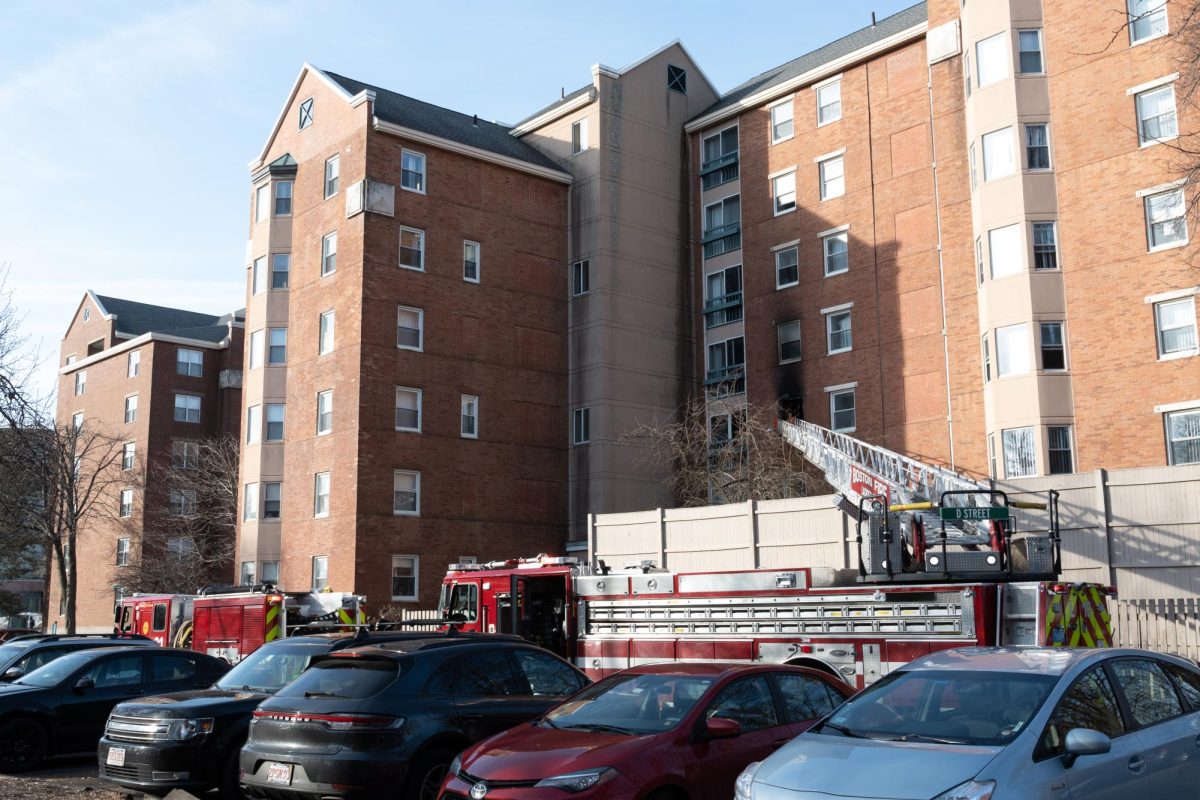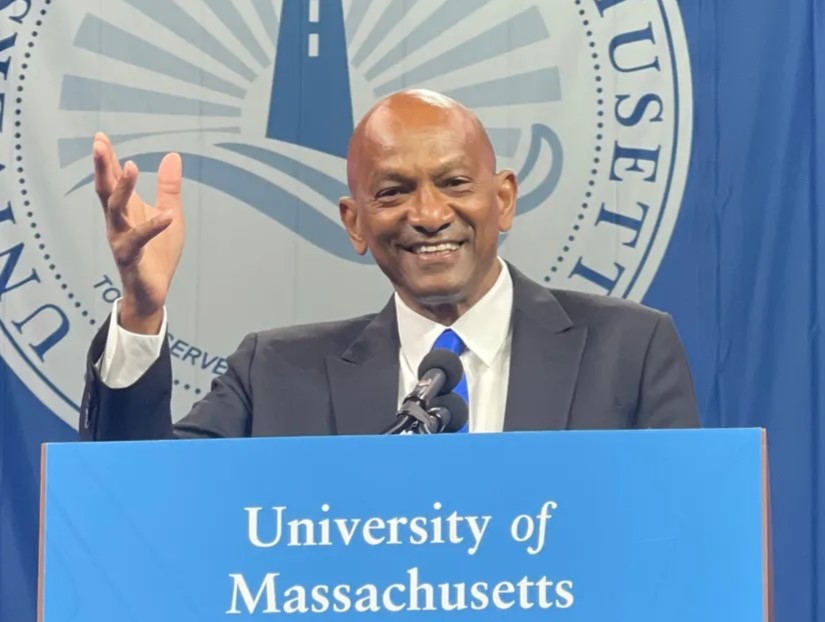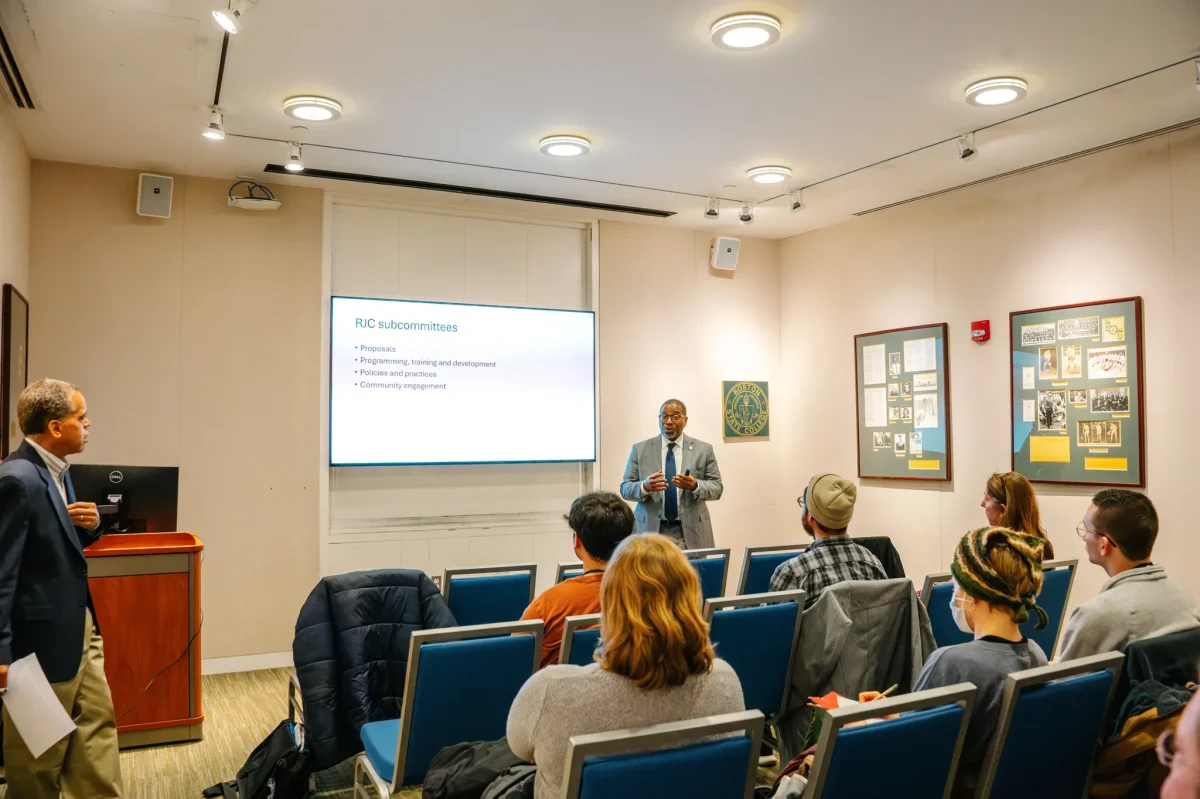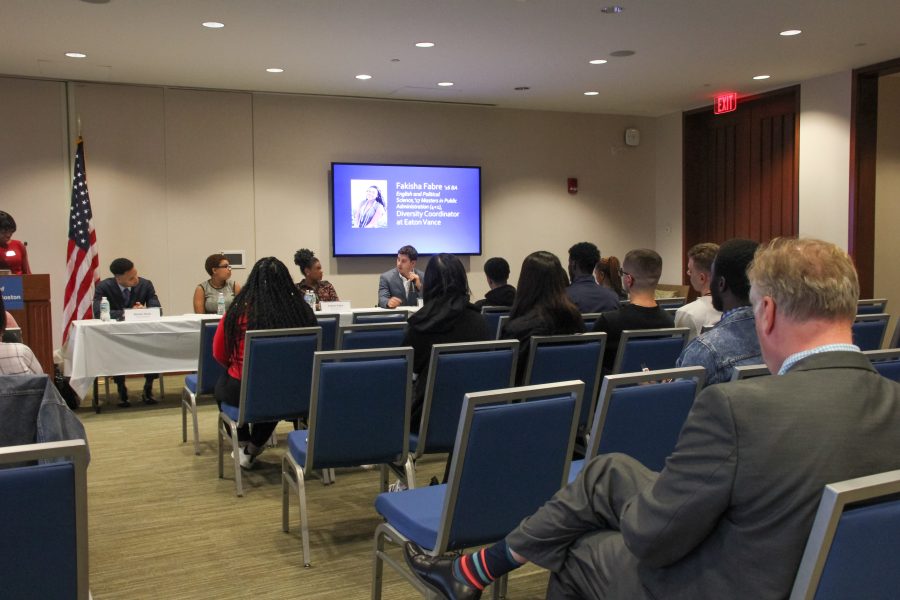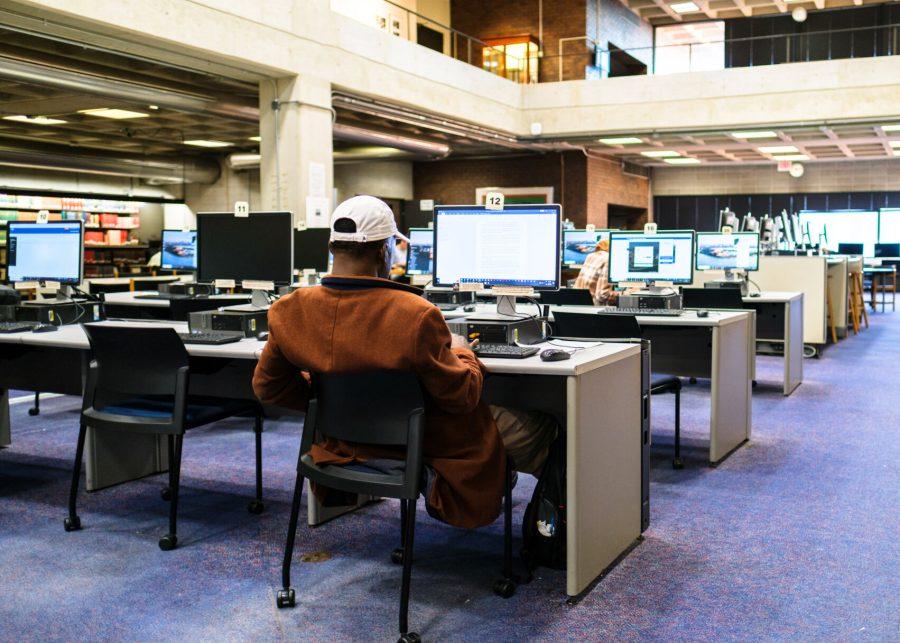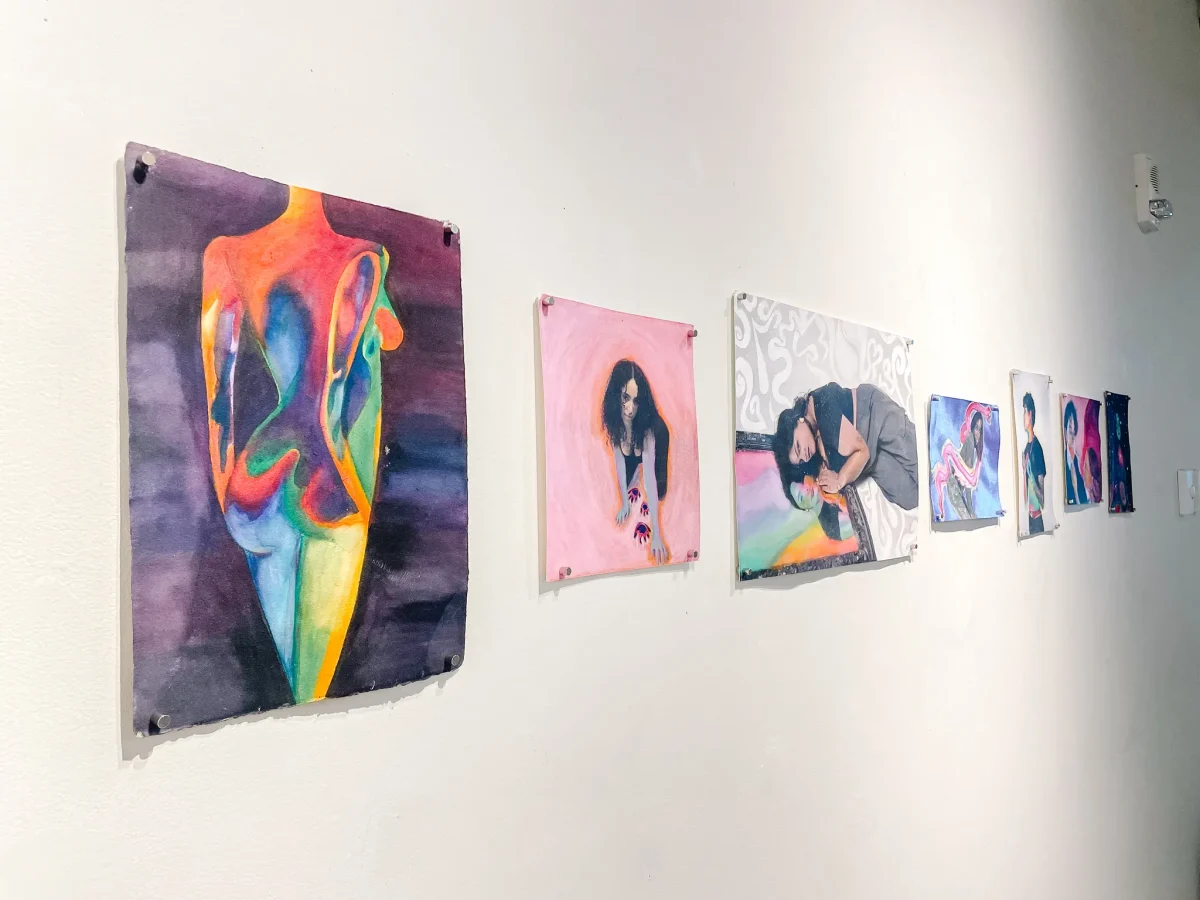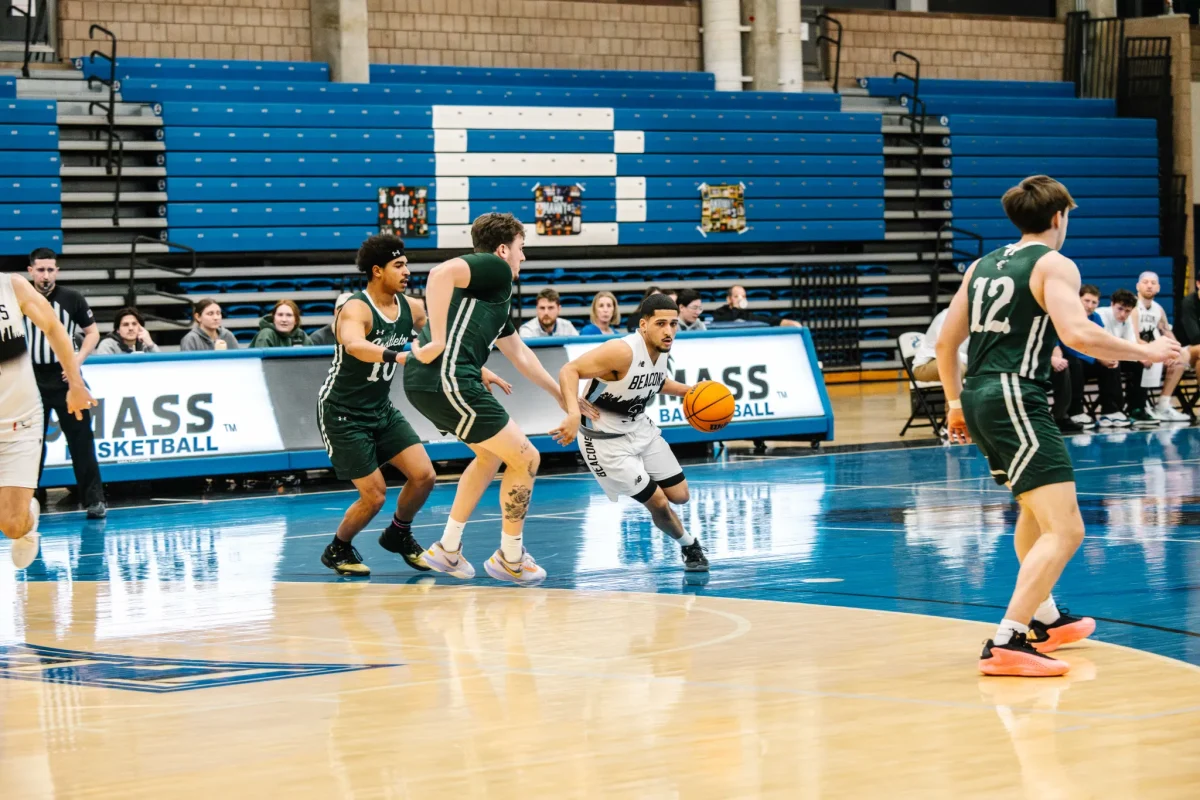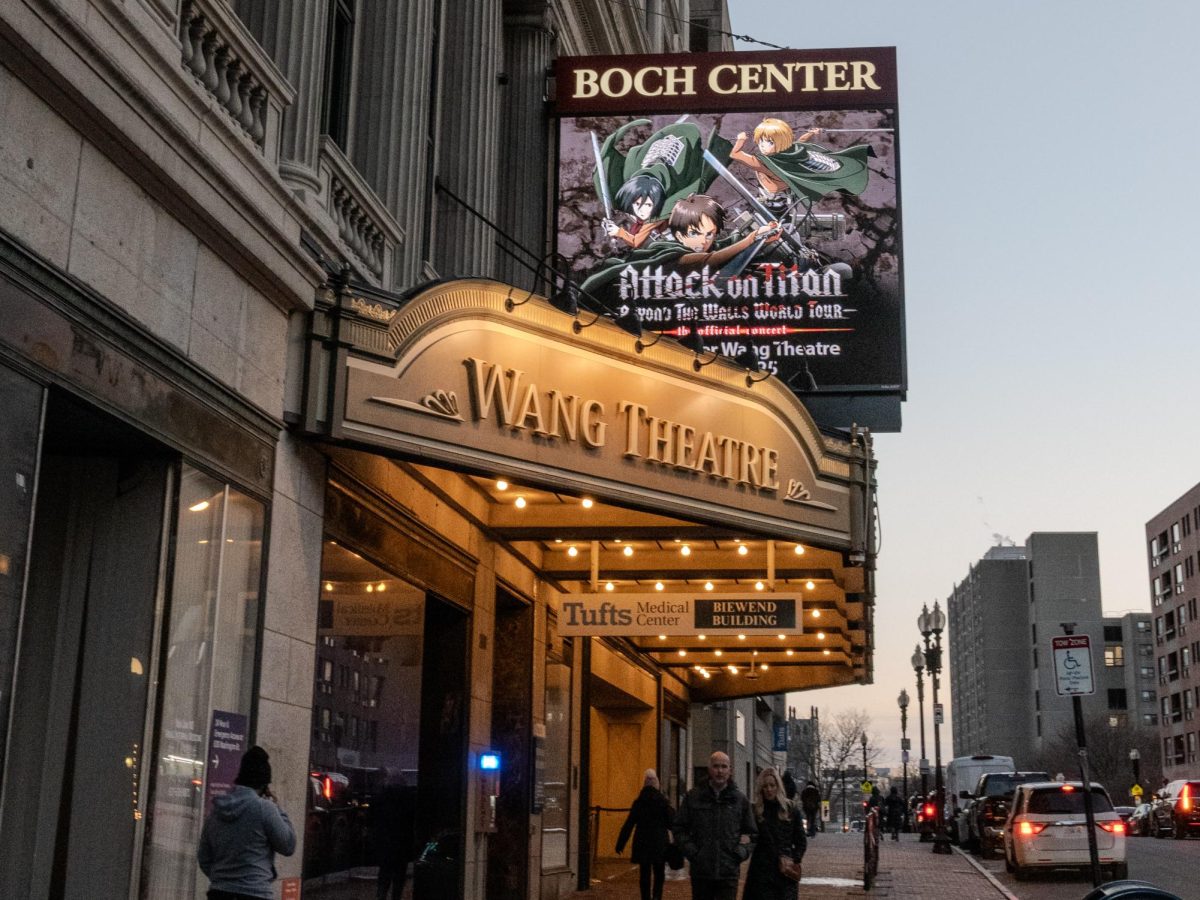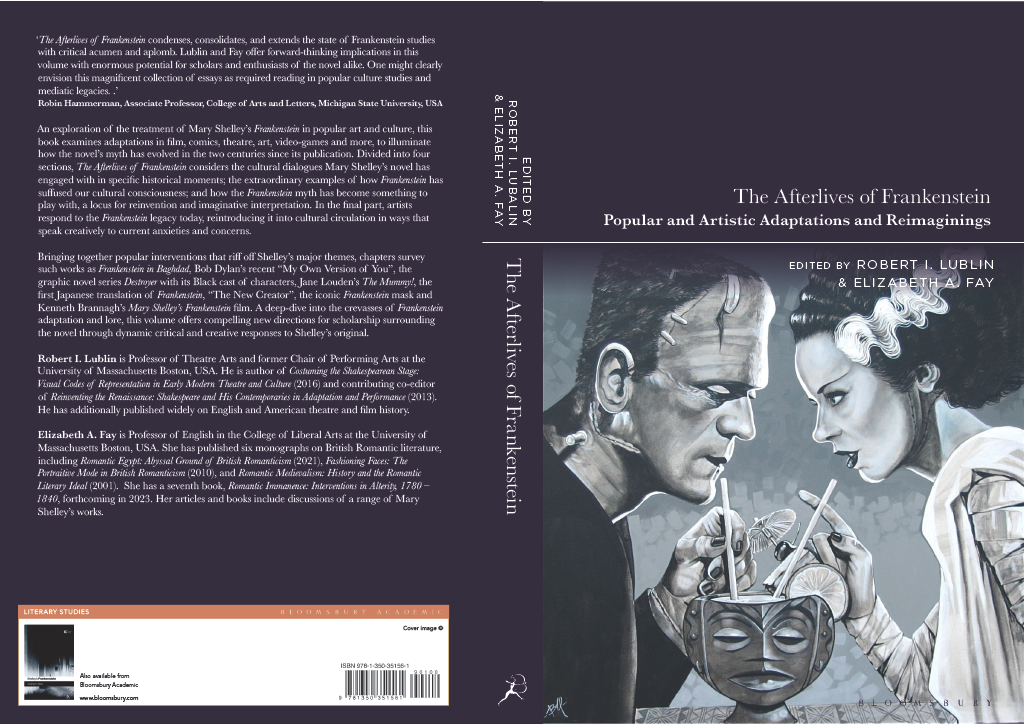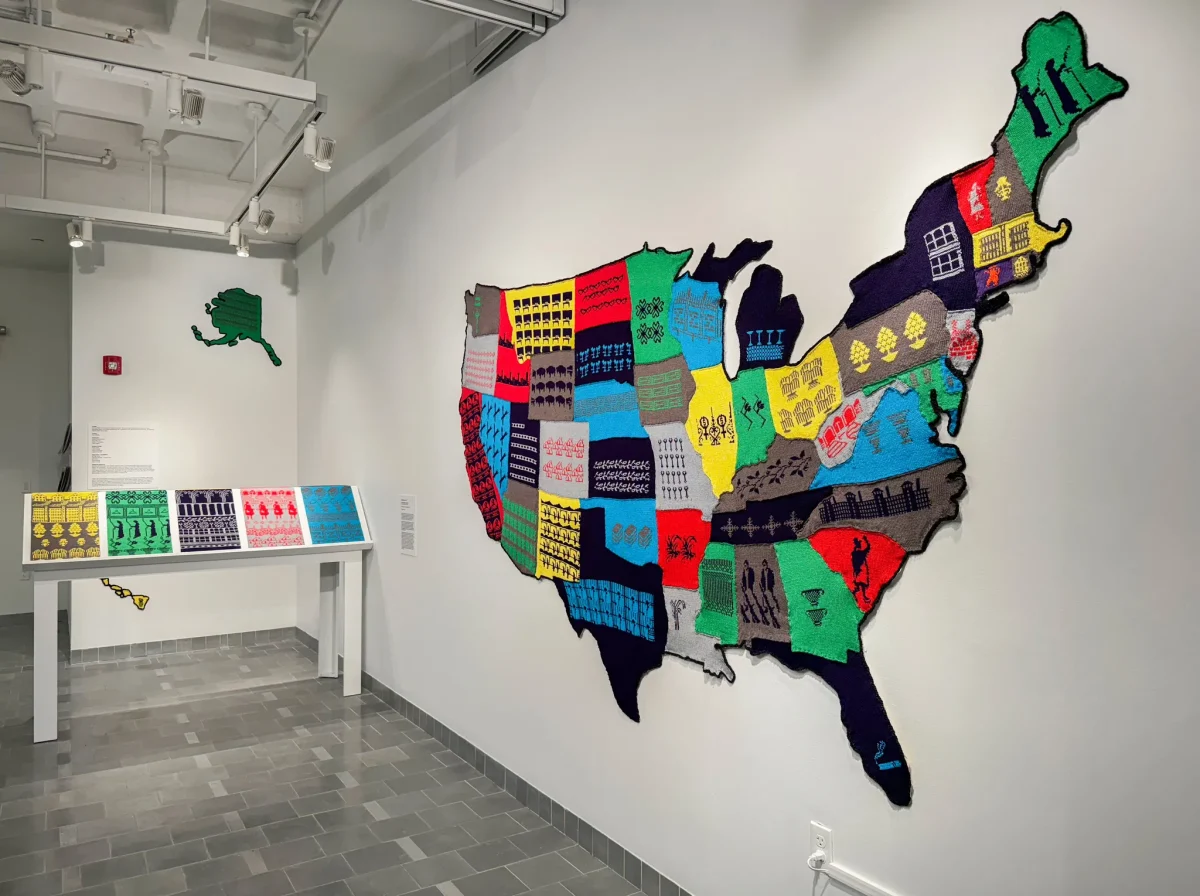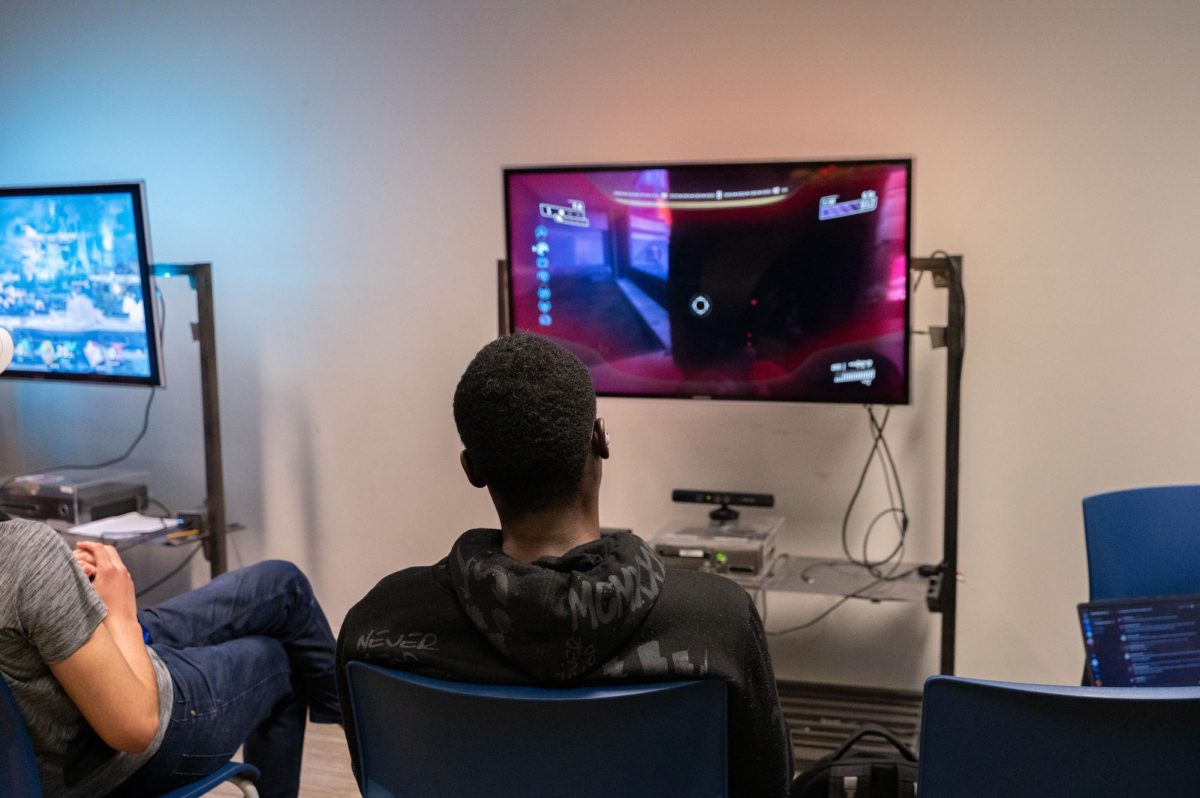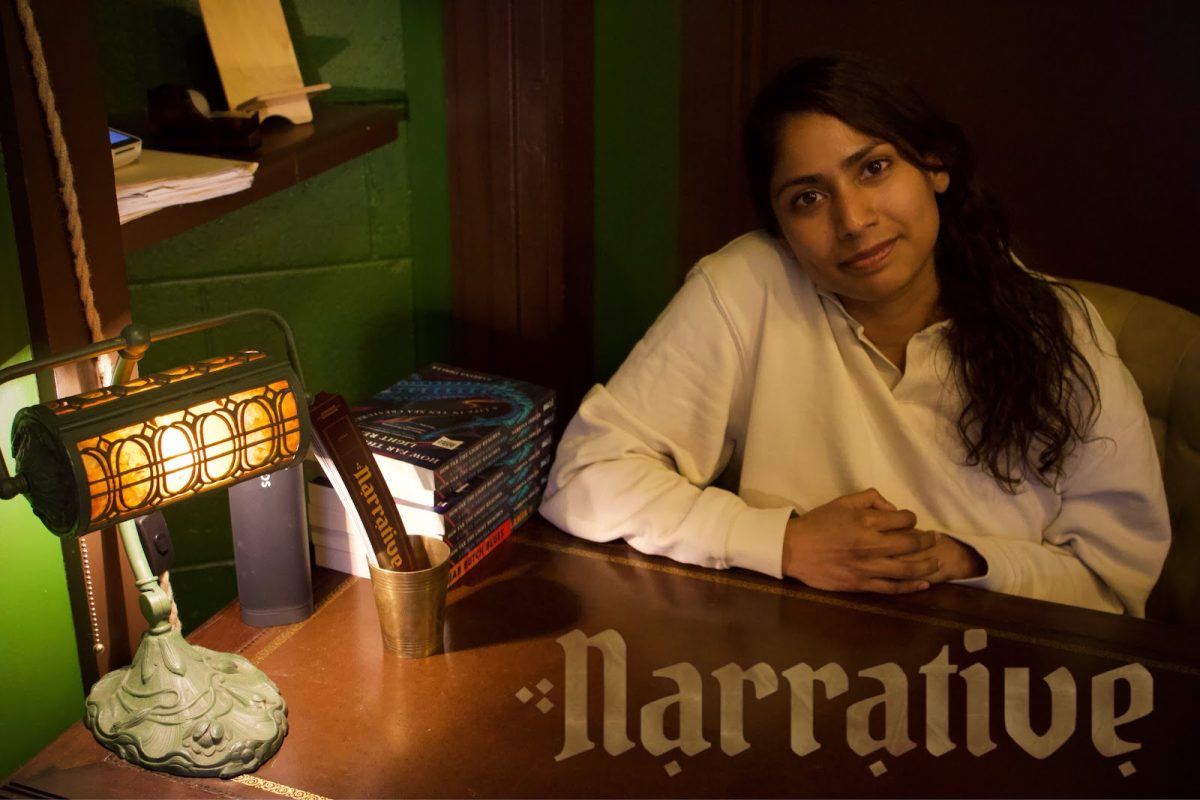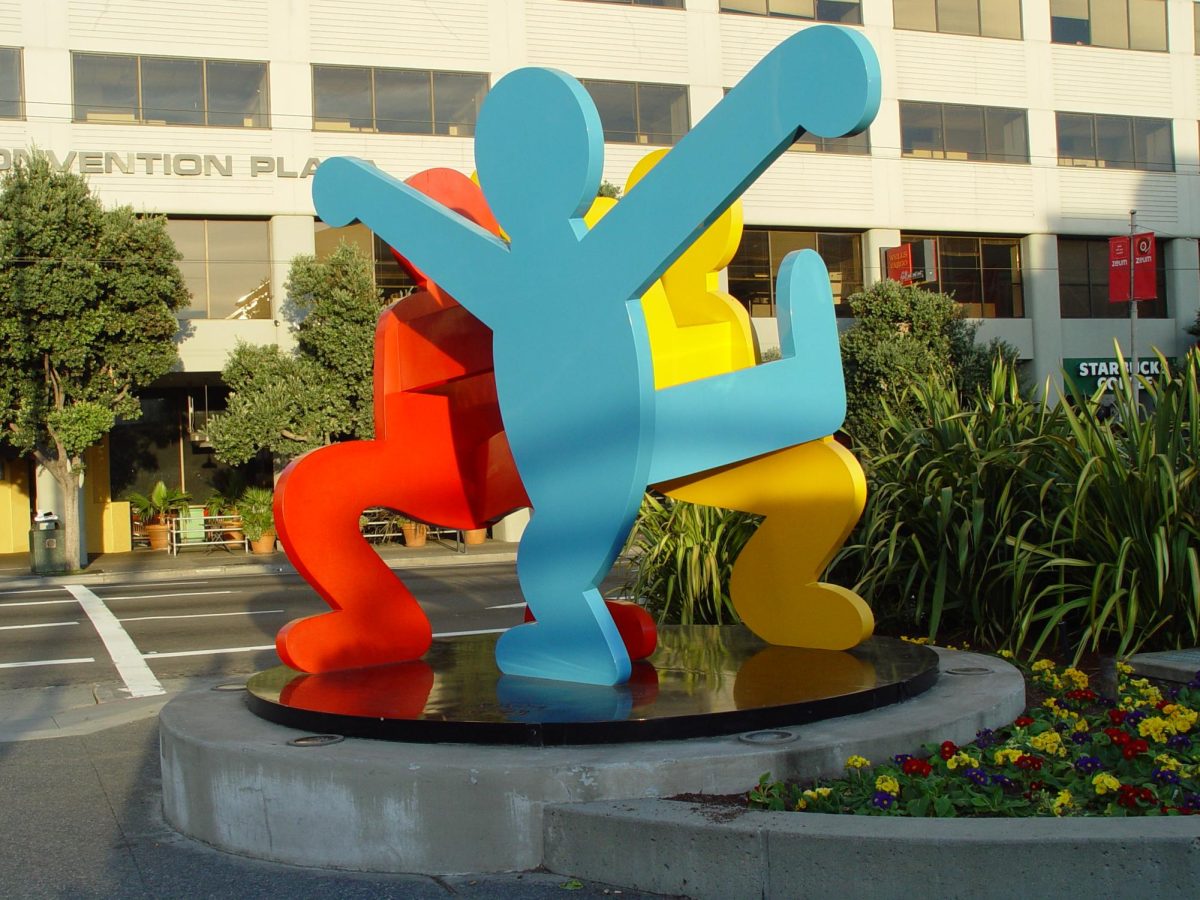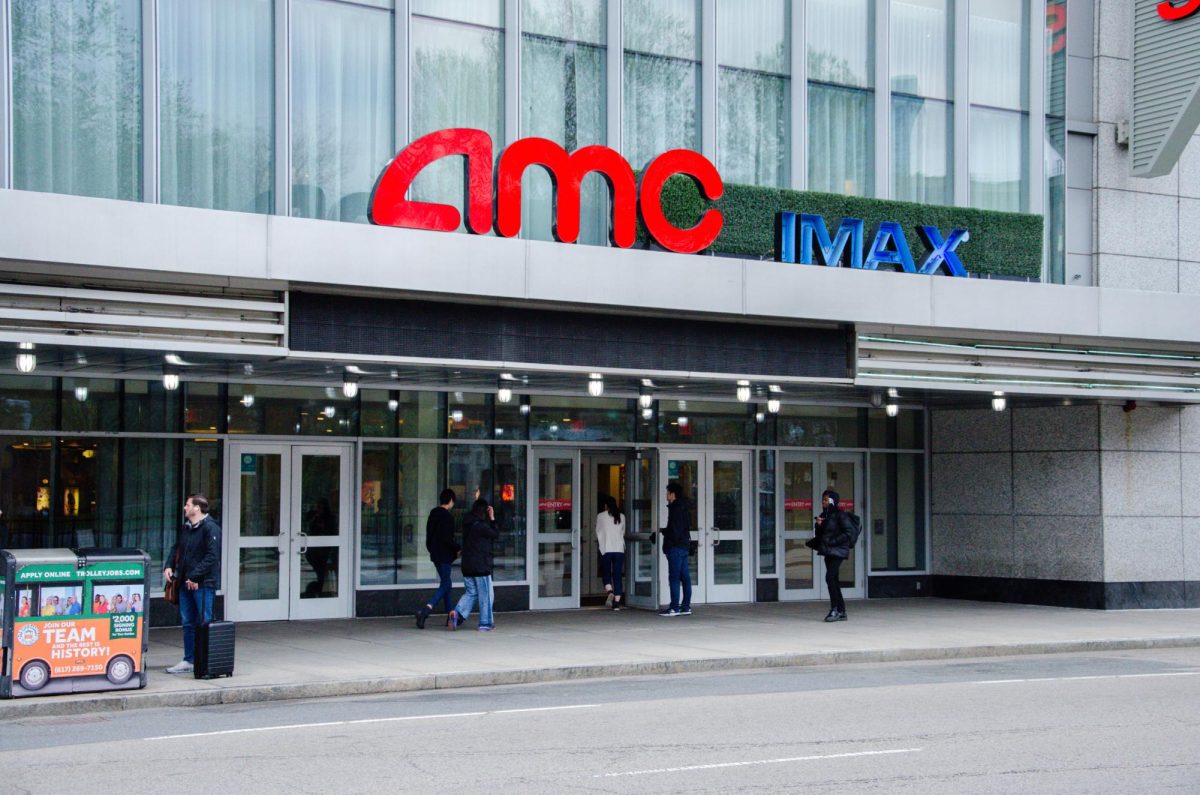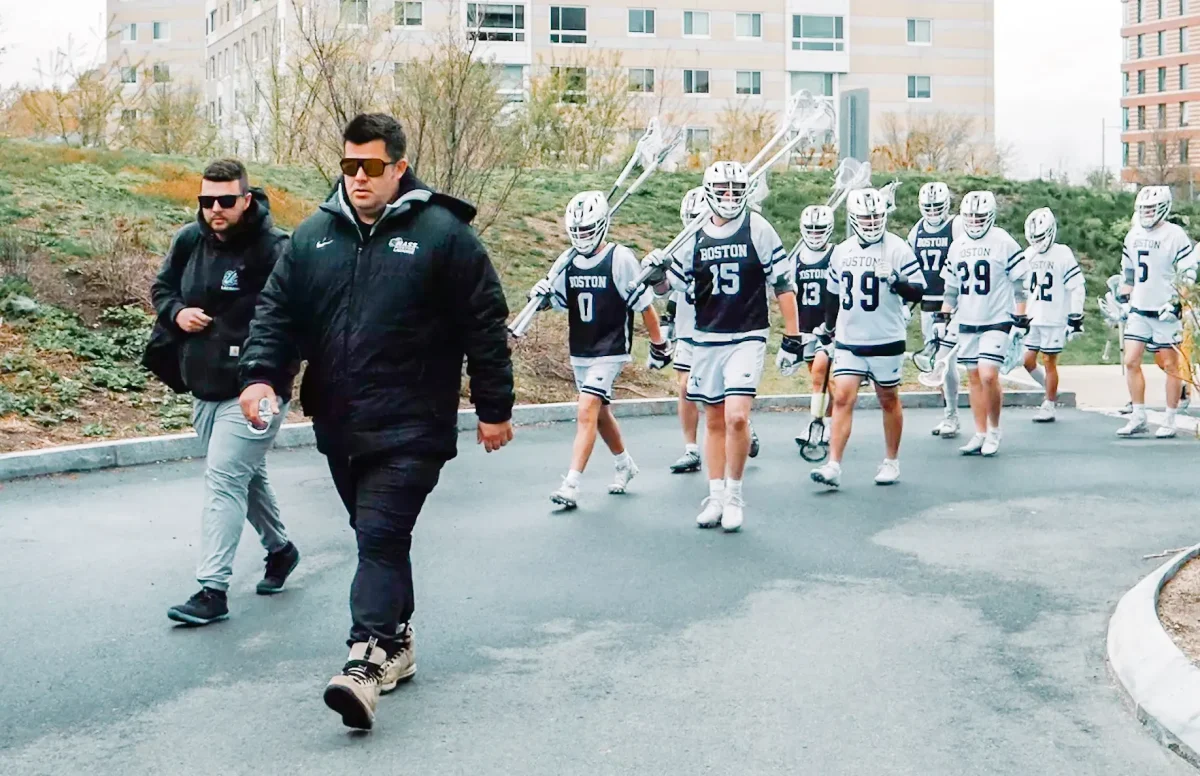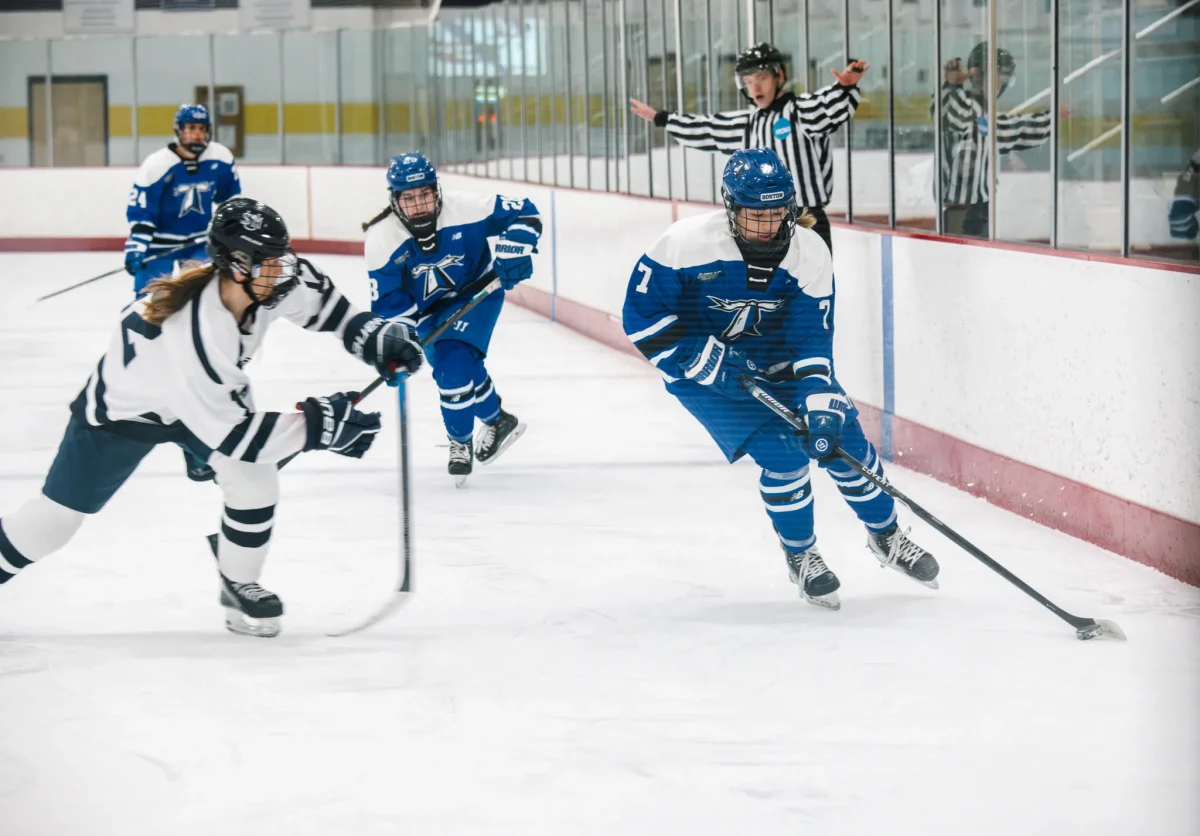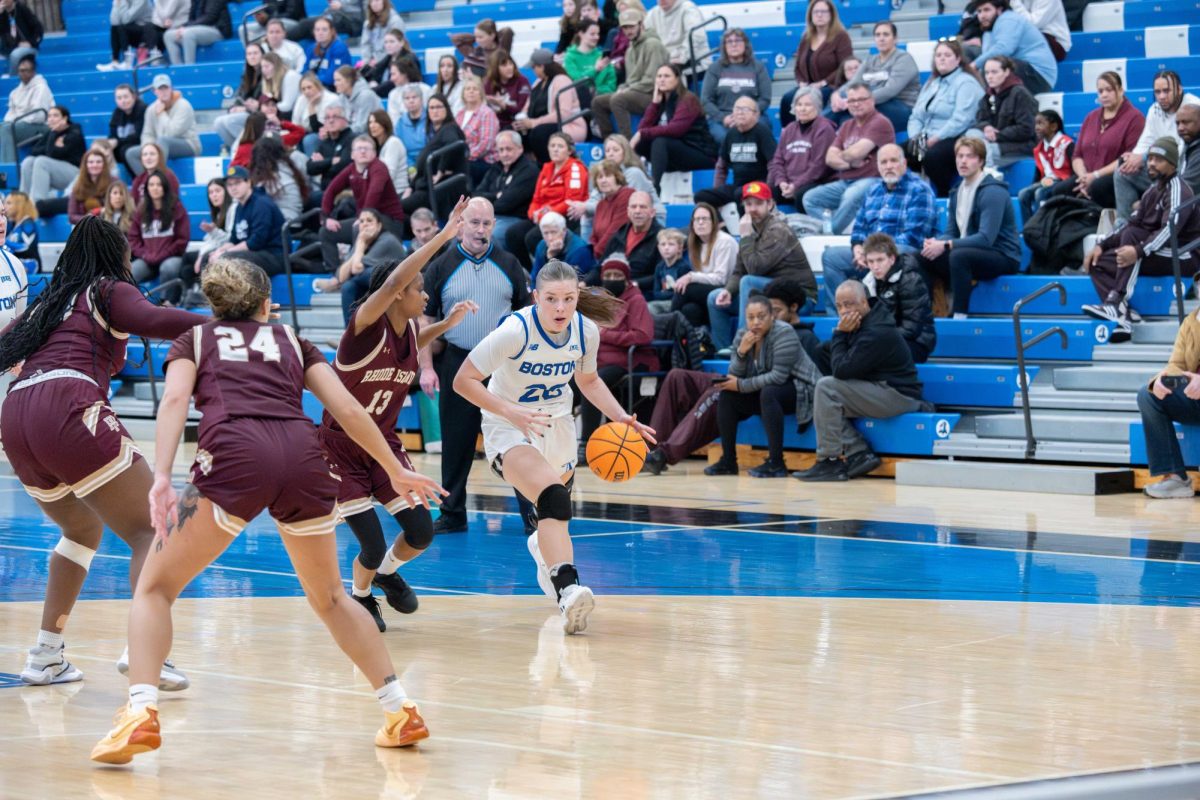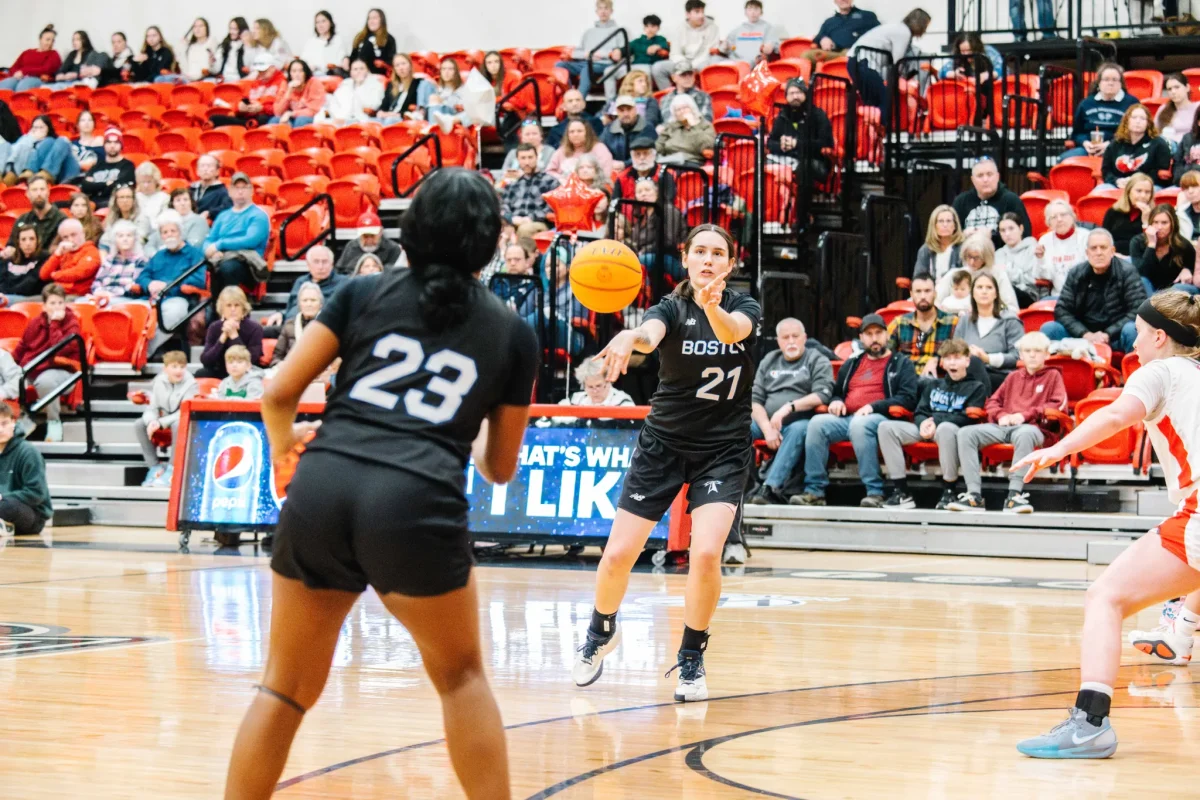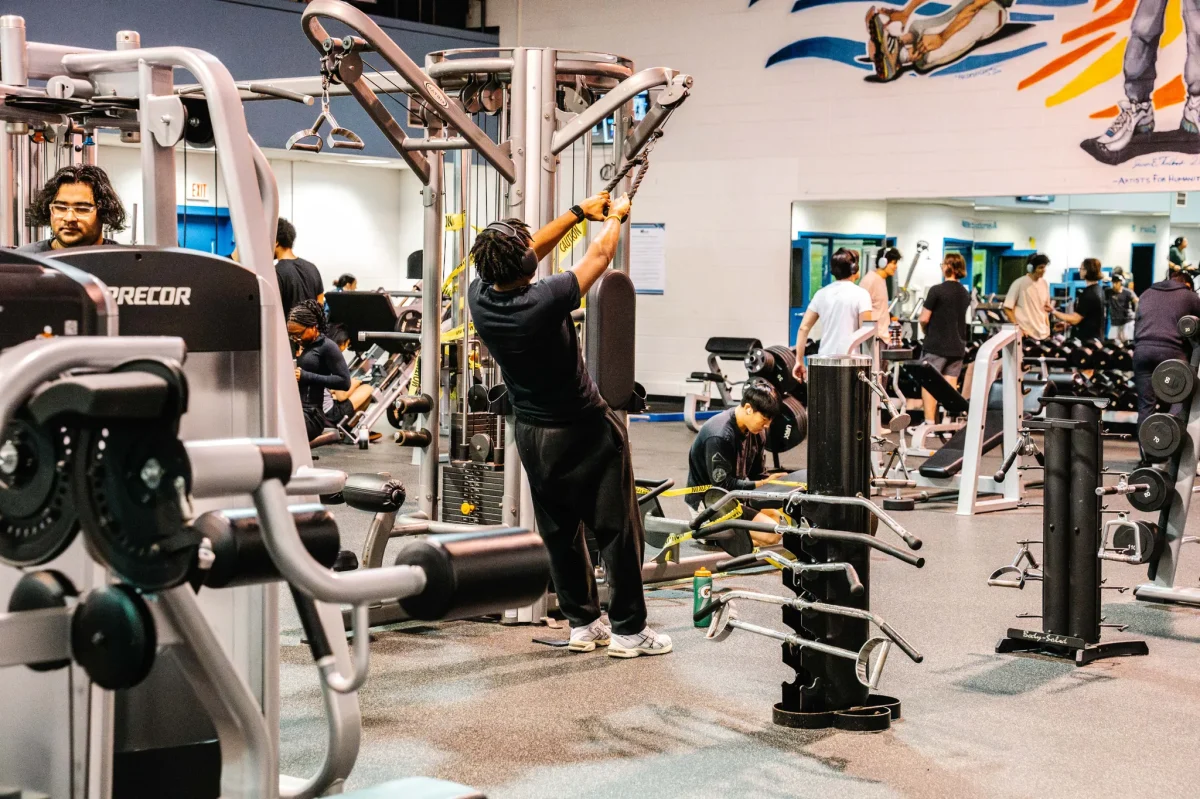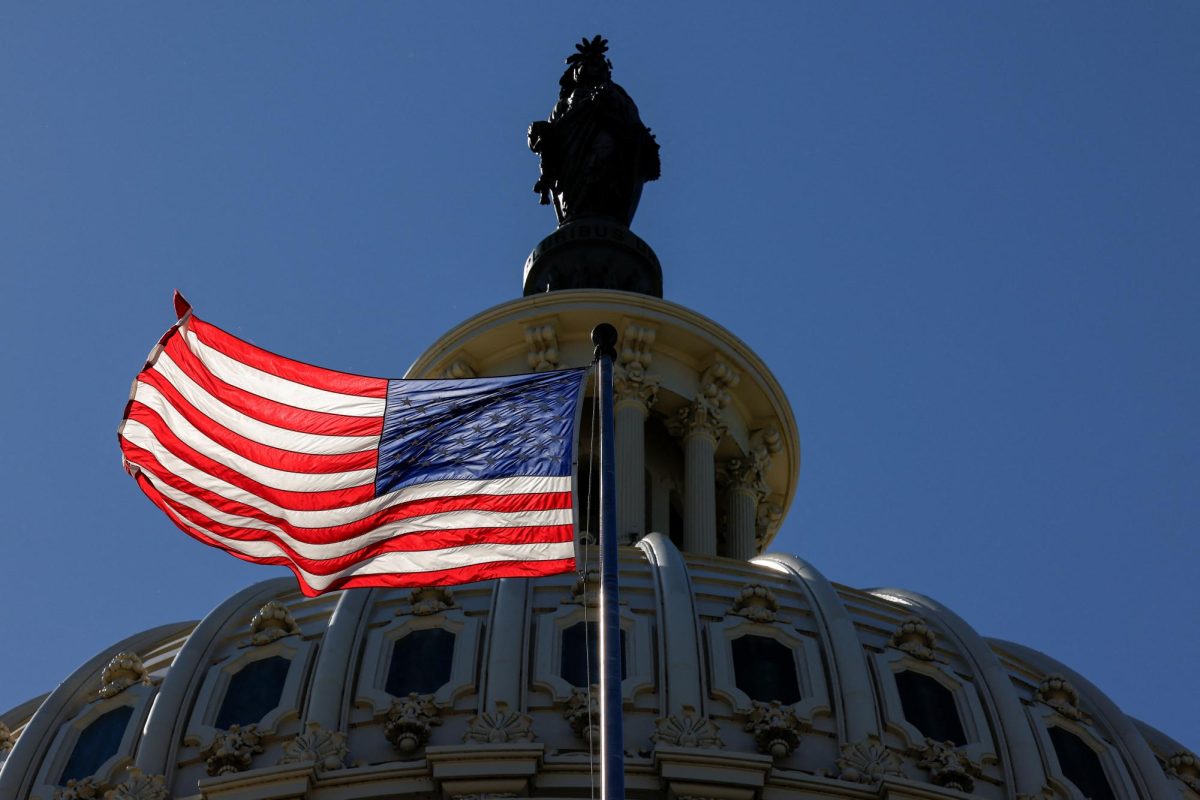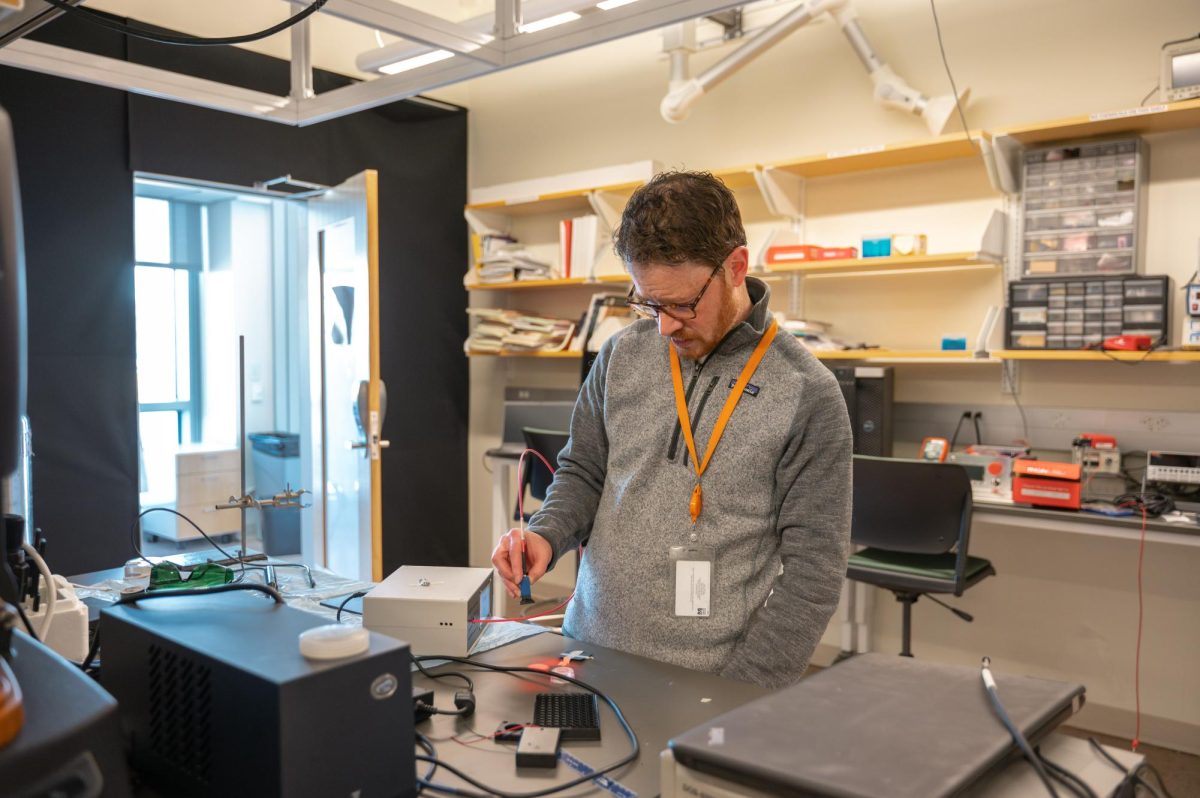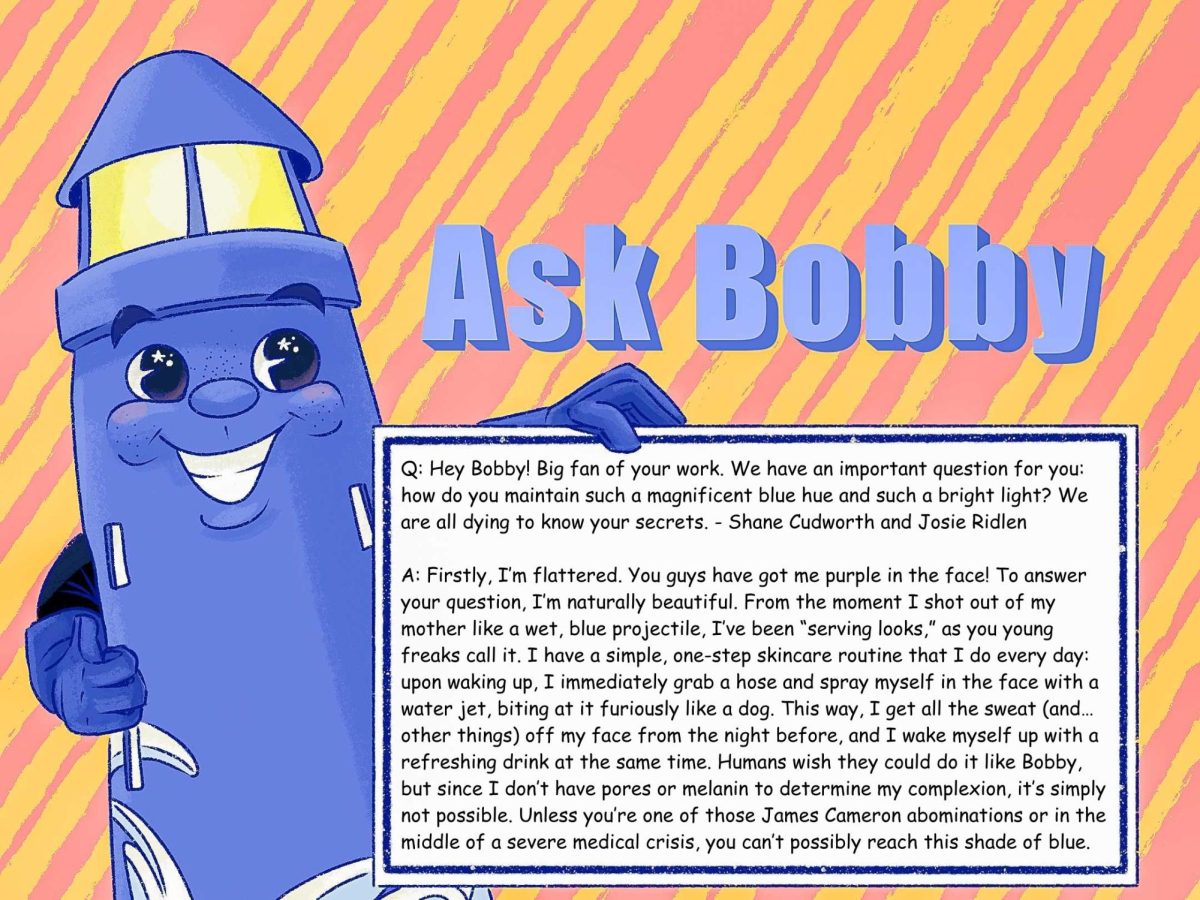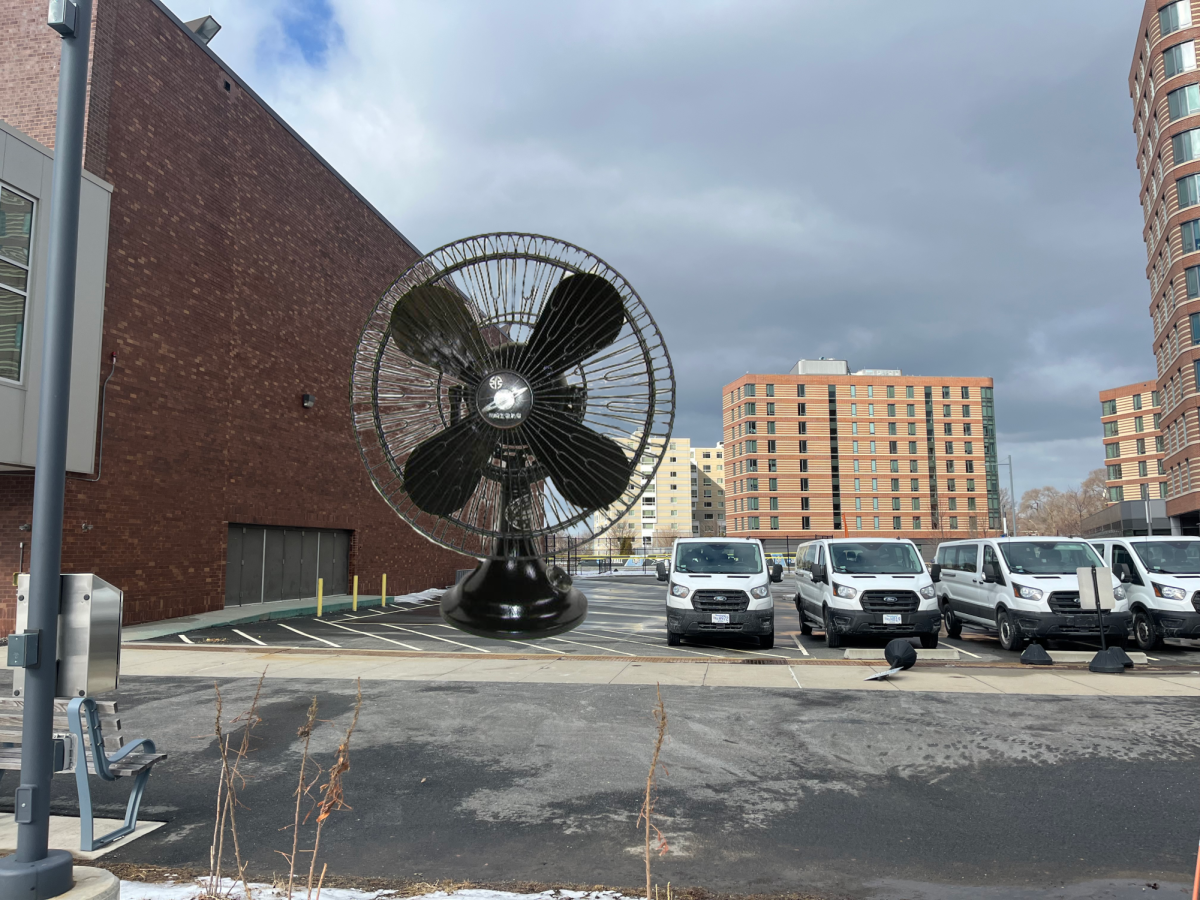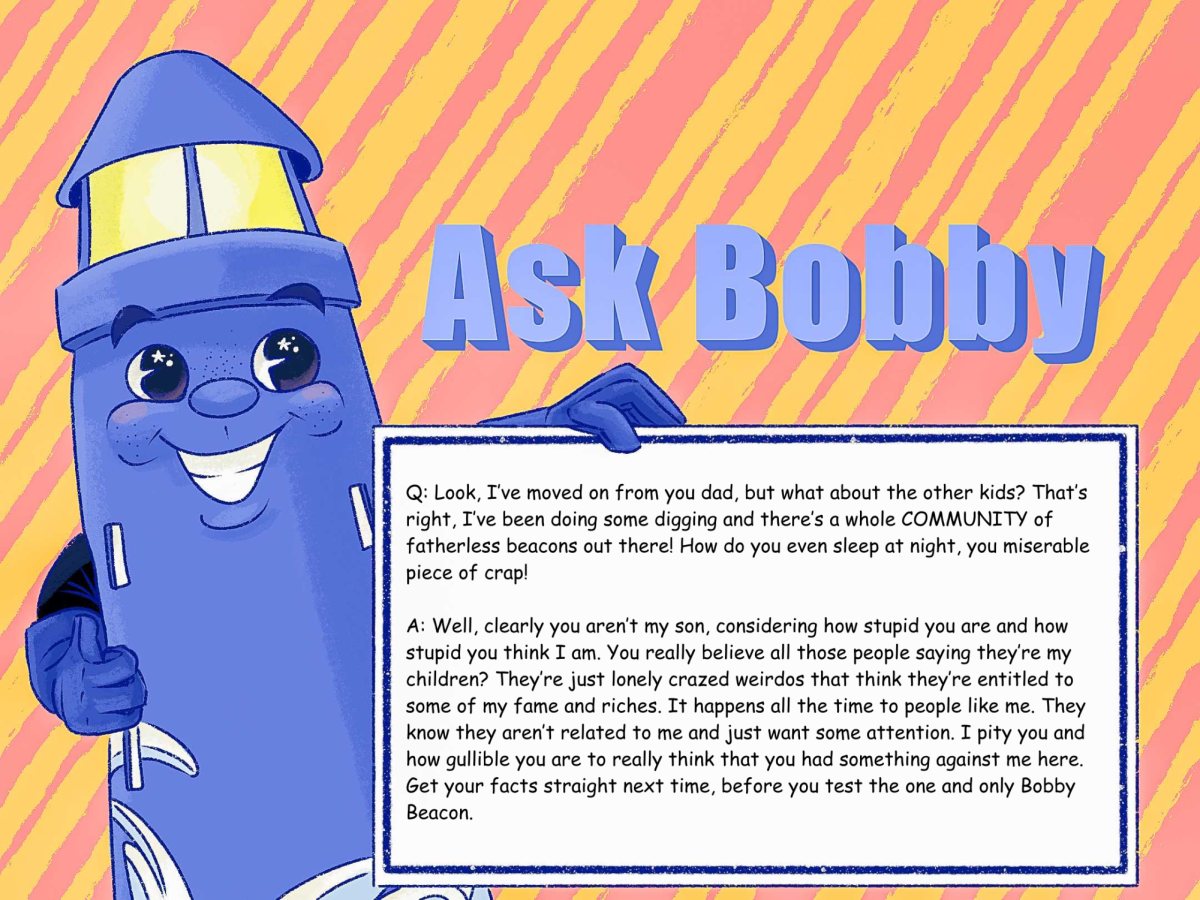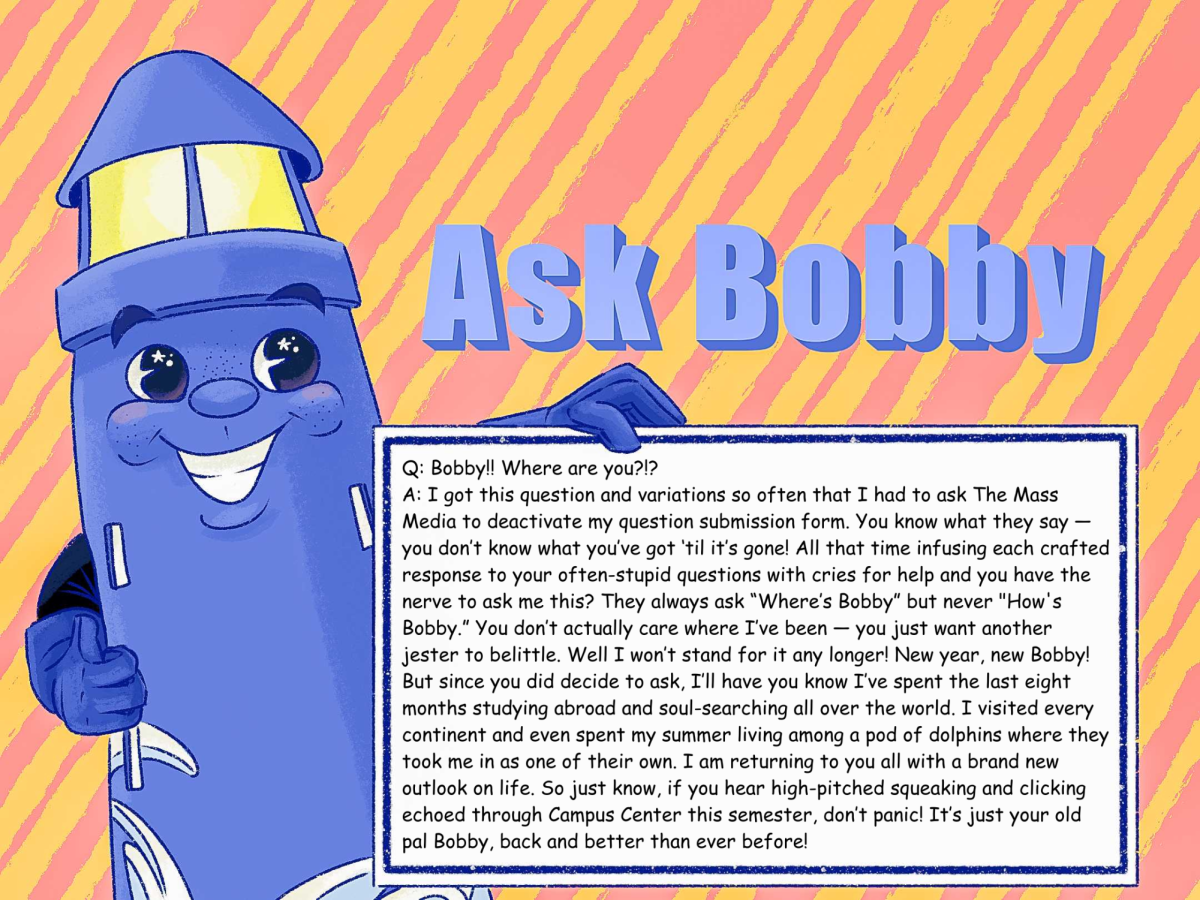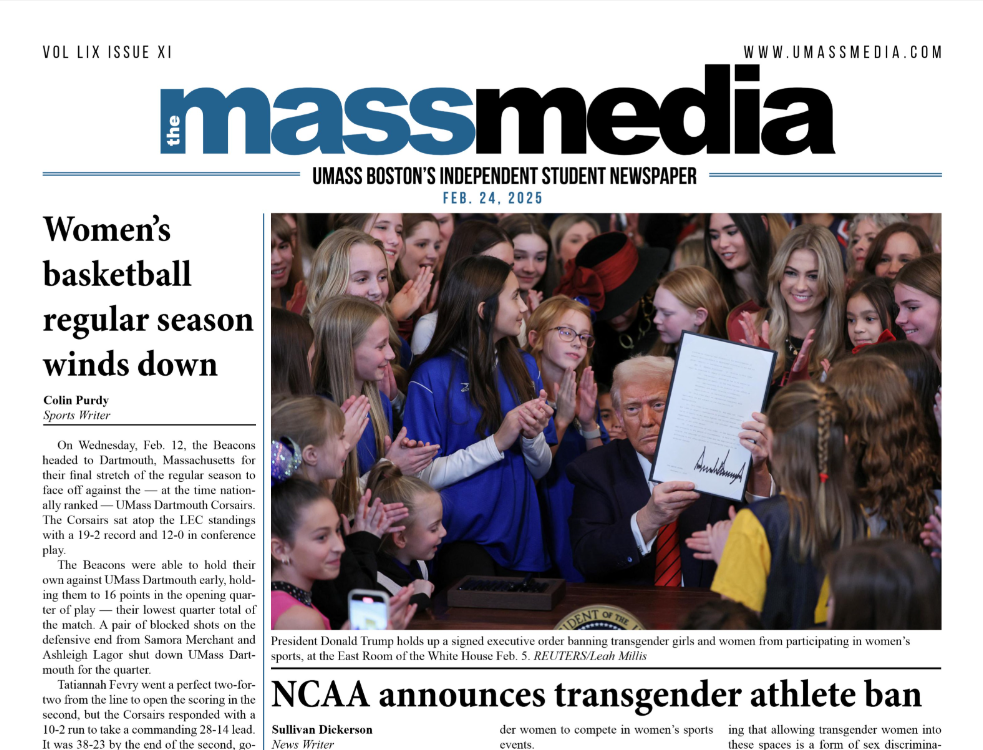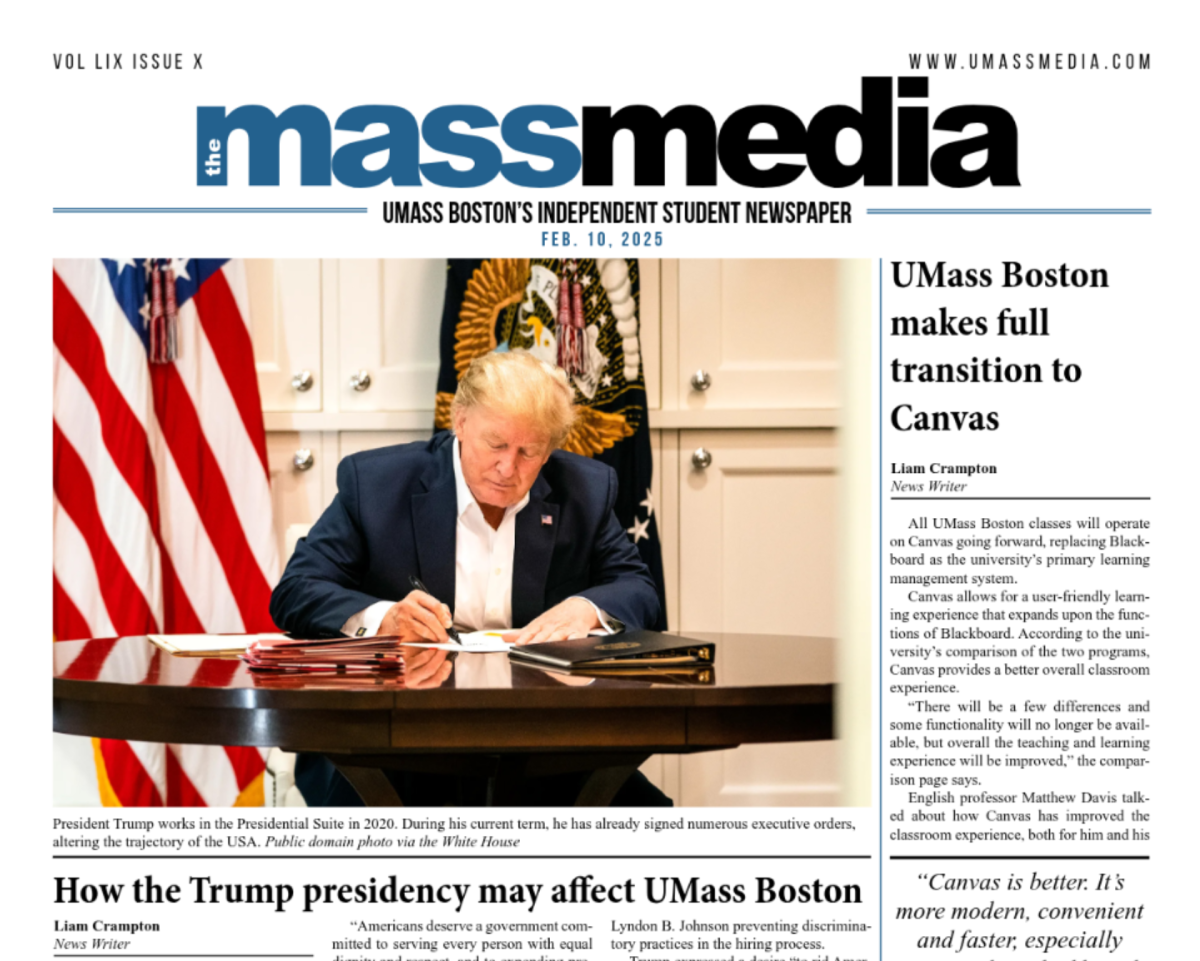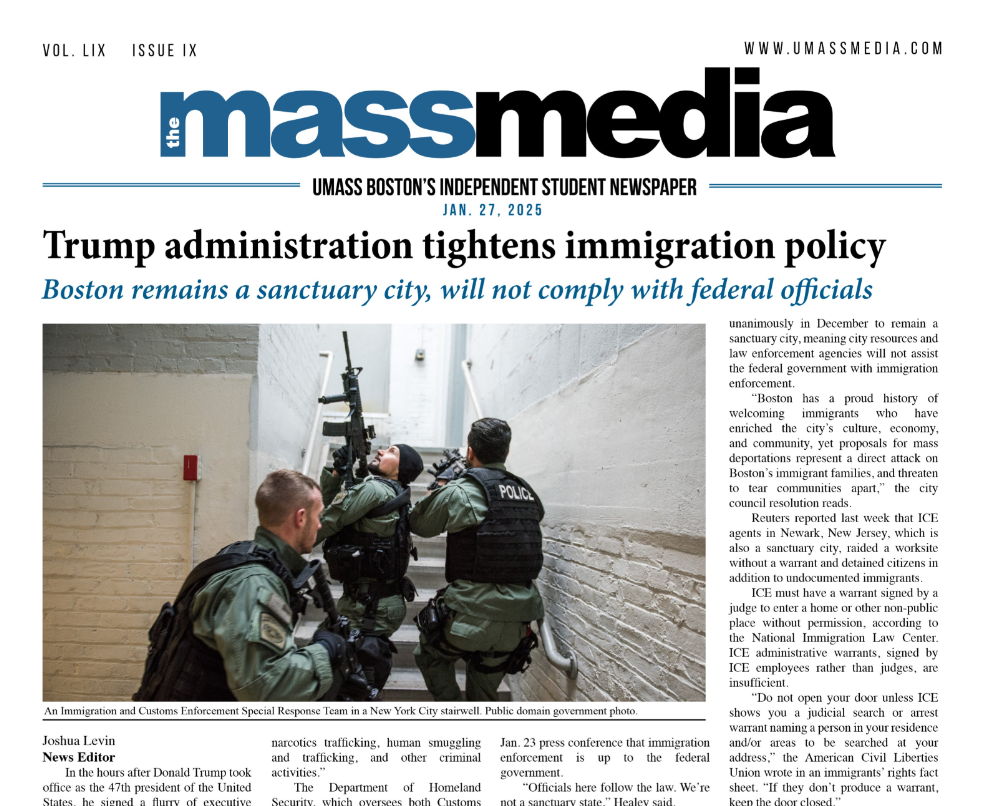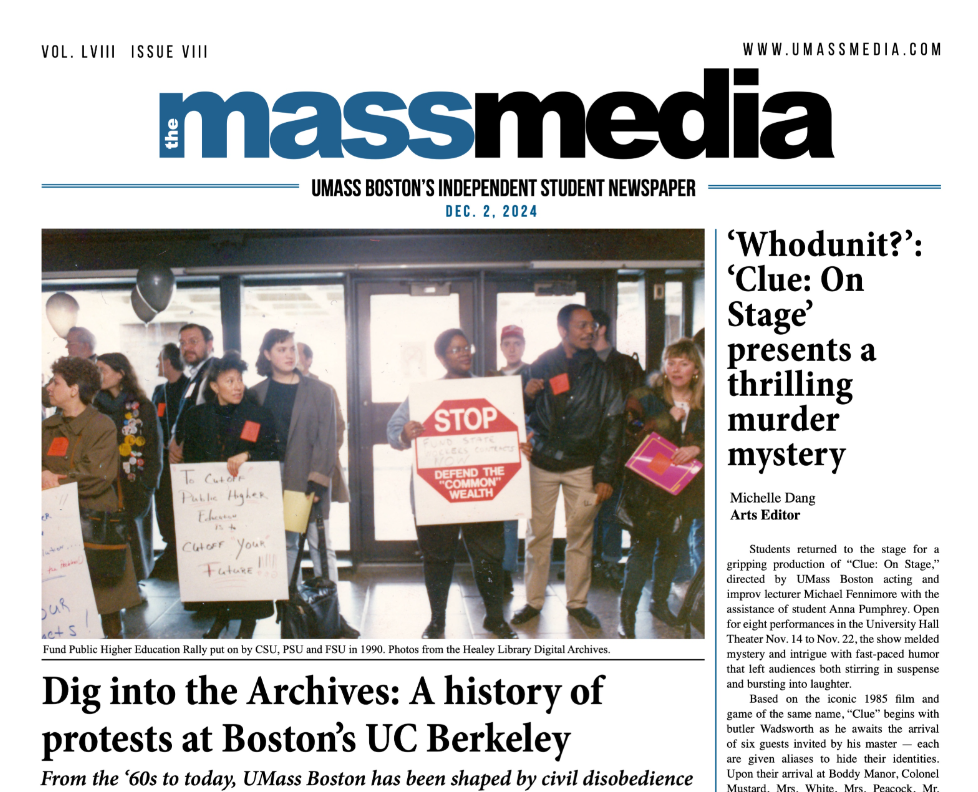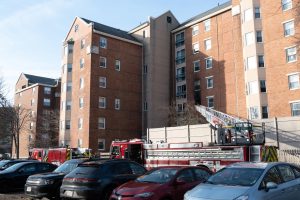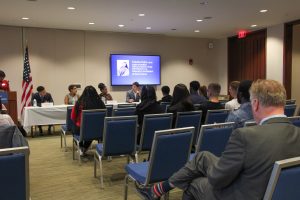University Using Prison Labor On Campus

Campus Unions Prepare Vote of No Confidence
April 3, 2002
UMass Boston hosted a local version of a “chain-gang” during the recent spring break. Prisoners from Suffolk County’s South Bay House of Corrections were brought on campus – at no cost to the university – to scrape and sand university sailboats.
The eight “rouset’abouts” working on the boats stored in the far end of the garage below Wheatley were members of a program initiated by Suffolk County Sheriff Richard Rouse in1997. “Restitution through restoration is the goal of the program,” explained Richard T. Tacitti, the prison’s assistant director of community affairs. The men, who were being overseen by one guard, were being paid $2 a day from Suffolk County funds. “It’s not costing the university a penny,” noted Tacitti.
All of the “rouset’abouts” have volunteered to participate in the program. “It beats being inside,” joked one of the prisoners. According to Tacitti, only 57 of the 1400 prisoners housed at the facility qualified for the “special classification.” “It’s a strict screening process,” he said. Most of the men are serving sentences of less than two and a half years for crimes, ranging from auto theft, to drug offenses, to violating restraining orders. “There’s no pedophiles or sex offenders,” he added.
While Assistant Vice Chancellor for Administration and Finance Frank Romano called the project a “win, win situation” for the university, other members of the university community have been more critical of the program.
“There are many, many projects where we could use them,” stated Romano. “There’s always something, given the budget cuts,” he added. One of those projects that Romano had hoped to use the prisoners to work on, repairing pot holes in the parking garage, was cancelled, reportedly due to opposition from union members on campus.
“The union is definitely against prisoners working on campus. Our workers are against it,” stated David Lanchester, assistant chief steward for Local 285. “It’s taking jobs away from the students and potentially the workers here. The state has done it in the past with the DPW [Department of Public Works] and state highway workers lost their jobs because of it. This guy Romano comes from the DPW.”
Lanchester went on to explain that his union met with the UMB administration prior to their attempt to bring prisoners on campus to work in the garage. “They said we couldn’t do the work and we basically did it in two days,” he noted.
Tom Goodkind, an officer with Local 509, said, “It’s odd that in a time of layoffs of staff and increases in fees for students, to bring prisoners on campus to do jobs that students or workers could be doing. I have nothing against prisoners, but let’s face it, it’s a form of slave labor, when we need staff and students need work study money.”
When asked if the prisoners were taking jobs away from students, Tom Walsh, who oversees the sailing program, said, “It’s hard to nail that down, whether that work would have been done by students. It does diminish the need for students do that work.”
Romano did not cite any specific projects that prisoners would be working on in the immediate future. There have been reports from union sources that the university plans to use them to work on other projects for the Athletics Department.

